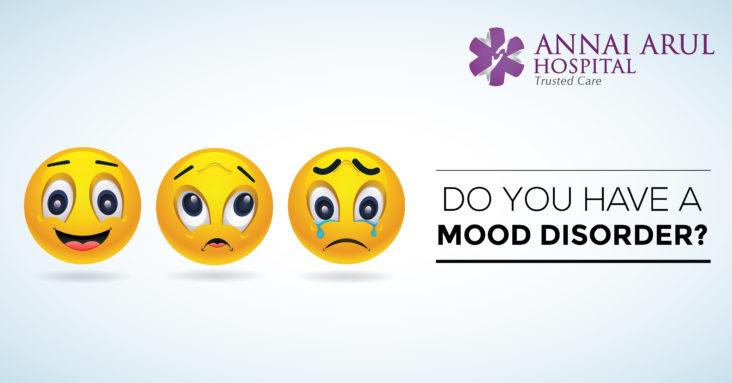There are many times when a person can feel that their emotions and moods seem to be out of their control. This feeling can remain for a short while or it can continue over a long period of time. If the feeling is for a long period of time then it is called a mood disorder. There are different kinds of mood disorders, the truth being that all these conditions can be treated.
What is bipolar disorder?
The bipolar disorder is found to be a major cause for extreme mood swings. The mood swings include a stage from depression to emotional highs called mania. When it is high, there is more energy and the thoughts may come quickly and the person gets unusually talkative. The person having a high stage may get lot of things done, but the behaviour will be unpredictable and unhealthy. The mood swings happen sometimes only a couple of time every year or if may be as often as several times a week.
What are the treatments?
The affected person has to be referred to a psychiatrist. The doctor will prescribe appropriate medicines, along with a psychologist, who will take care of talk therapy to help deal with problems in daily life especially at work and at home. The medications will include antidepressants, antipsychotics, anti anxiety medications, and mood stabilizers to treat the main disease. I severe cases, electroconvulsive therapy may be required which involves a small dose of electric current being passed through the brain, under controlled conditions under supervision of doctors and trained personnel.
What is major depressive disorder?
This is also called the clinical depression, or commonly as depression. This is actually long periods of sadness that keeps reoccurring. When affected by this condition the person will have periods of extreme sadness that keeps coming back. The person may get angry or frustrated easily, lose interest in things they used to enjoy and even small chores will be overwhelming. There will be a sense of emptiness, hopelessness and tiredness. The patient will also have sleep problems; they may either sleep too much or too little. If this condition gets severe then the patient will have even suicidal ideas and may attempt to end his/her life.
What are the treatments?
The first step in treating major depressive disorder after consultation with a psychiatrist will be to have a session with a trained mental health professional or a therapist. This is called the psychotherapy or talk therapy. In this session the patient has a one-to-one talk with the therapist or may sit for a group session with other people having the same condition. The psychiatrist will prescribe certain medications as a follow up to help balance the mood.
What are the other related conditions?
The other related conditions include Persistent Depressive Disorder (PDD) where symptoms last for more than 2 years, Seasonal Affective Disorder (SAD) which happens due to change of seasons, Permanent Dysphoric Disorder (PDD) and Depressive Disorder due to various other medical conditions like thyroid disease and brain infection.


